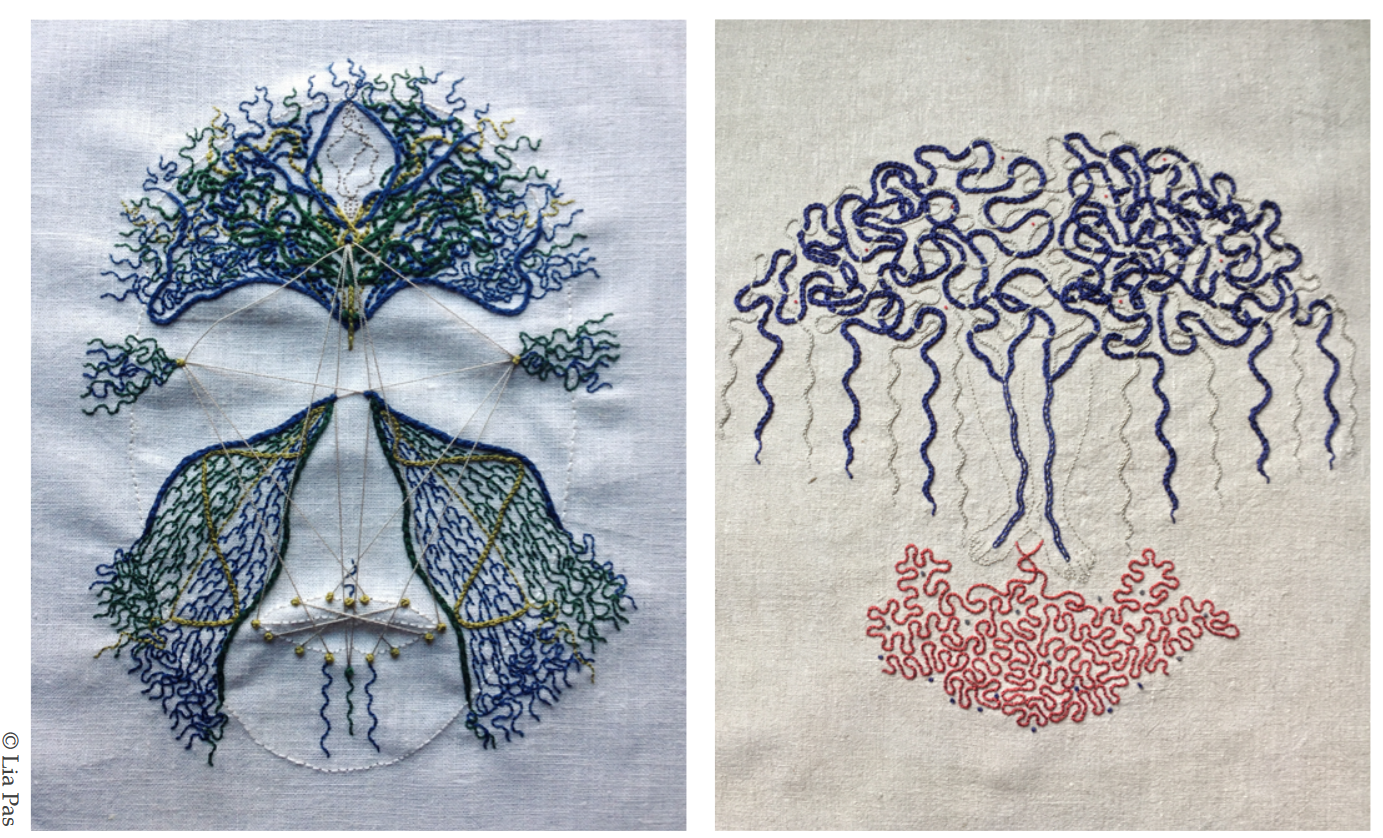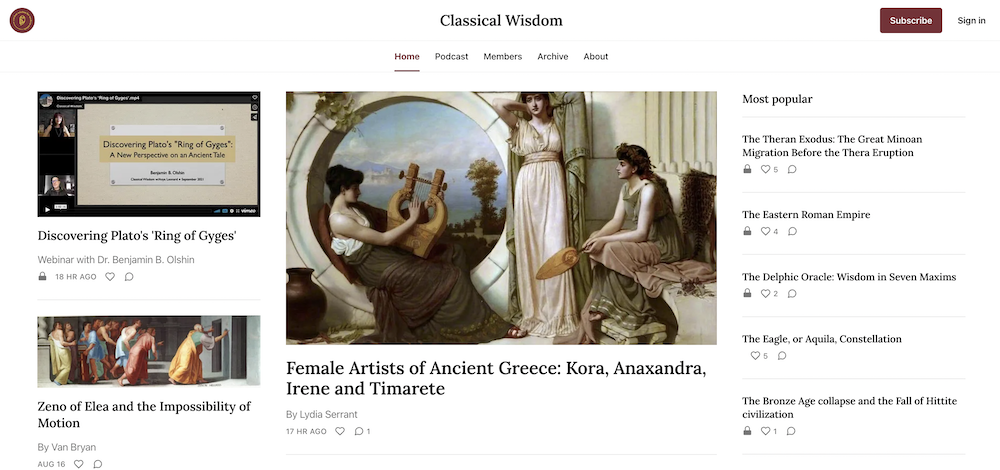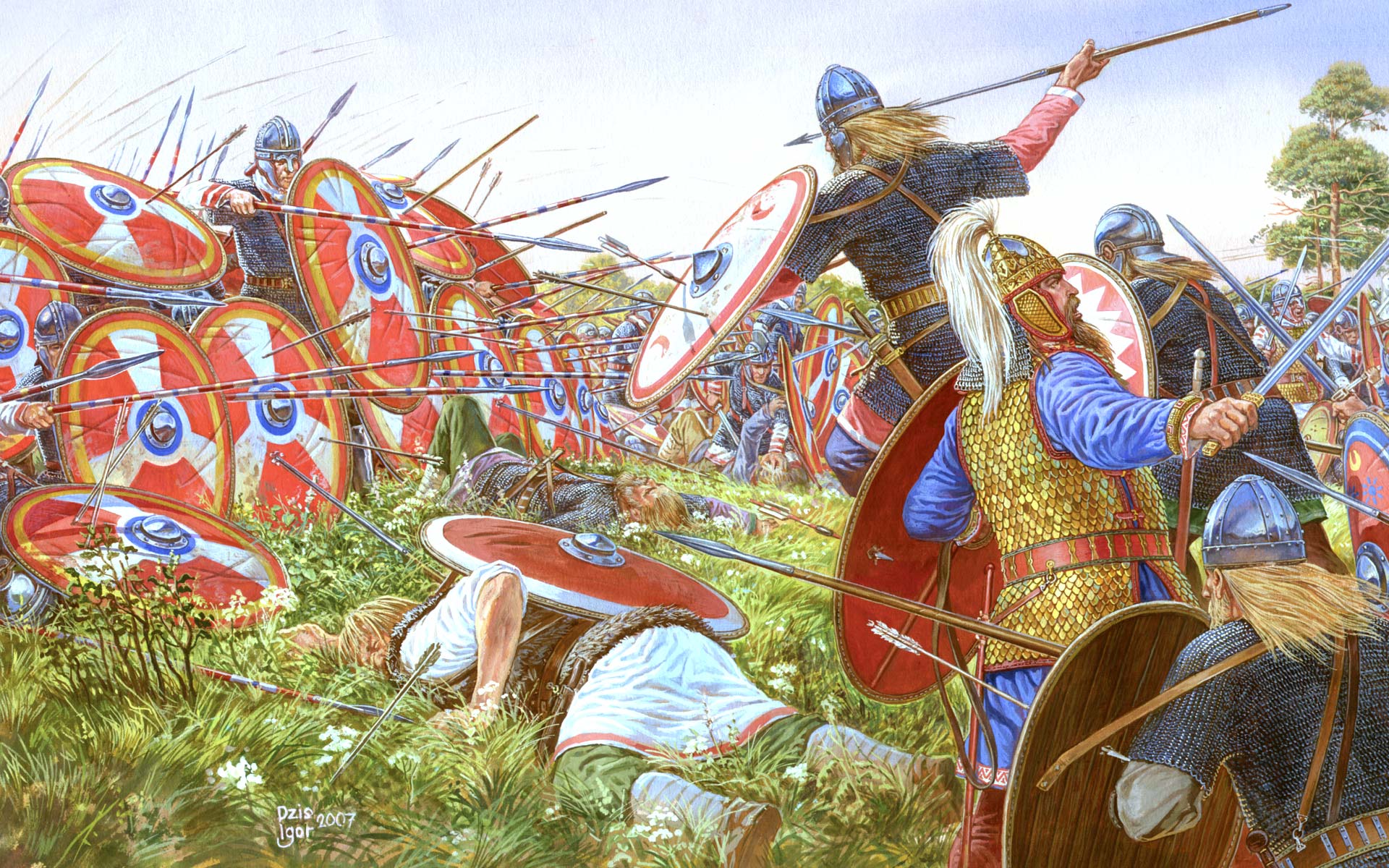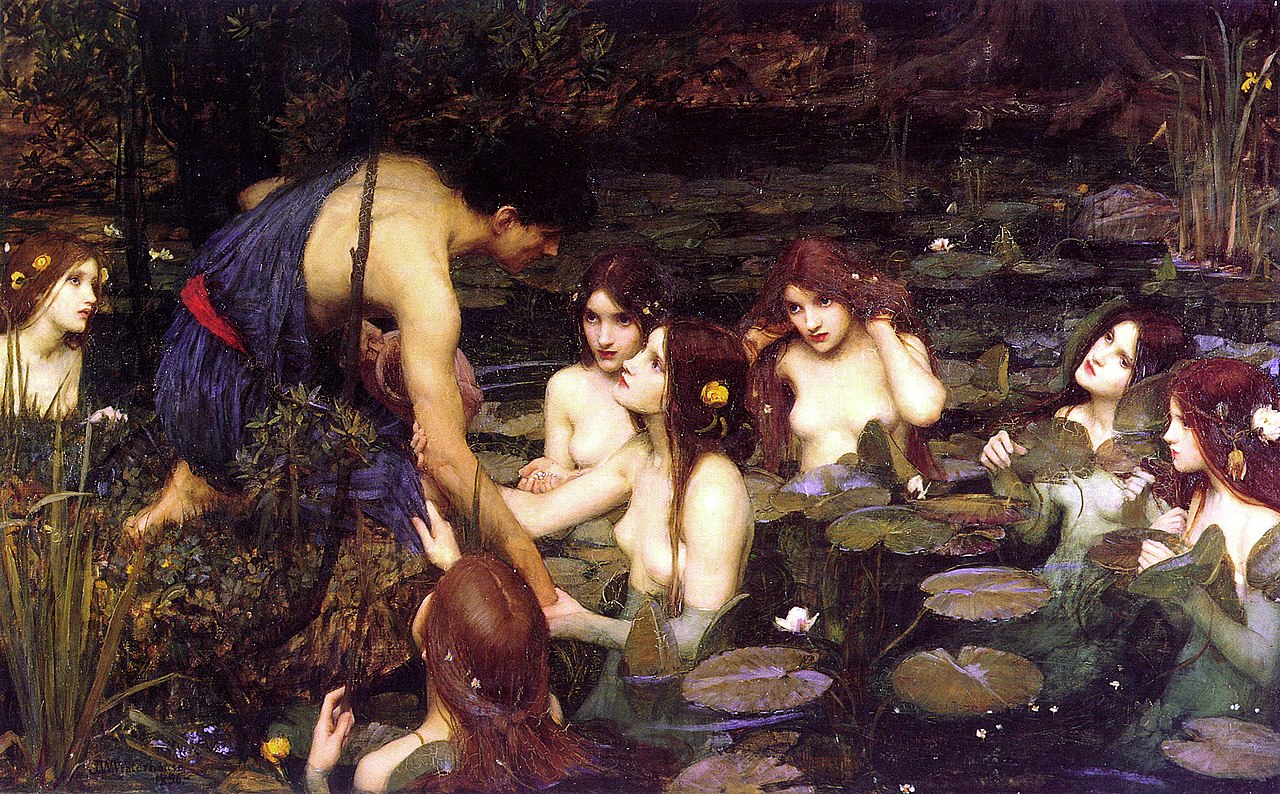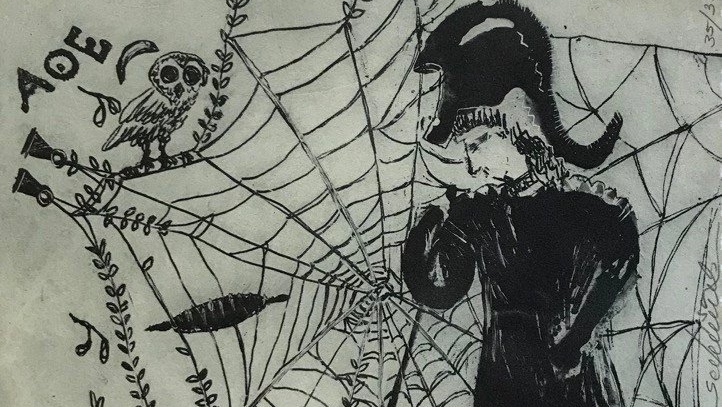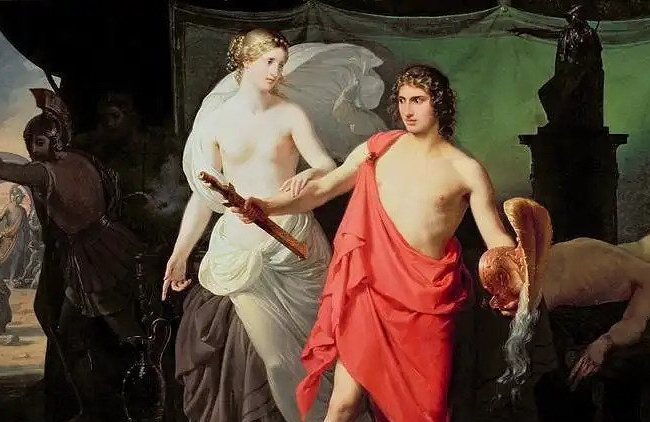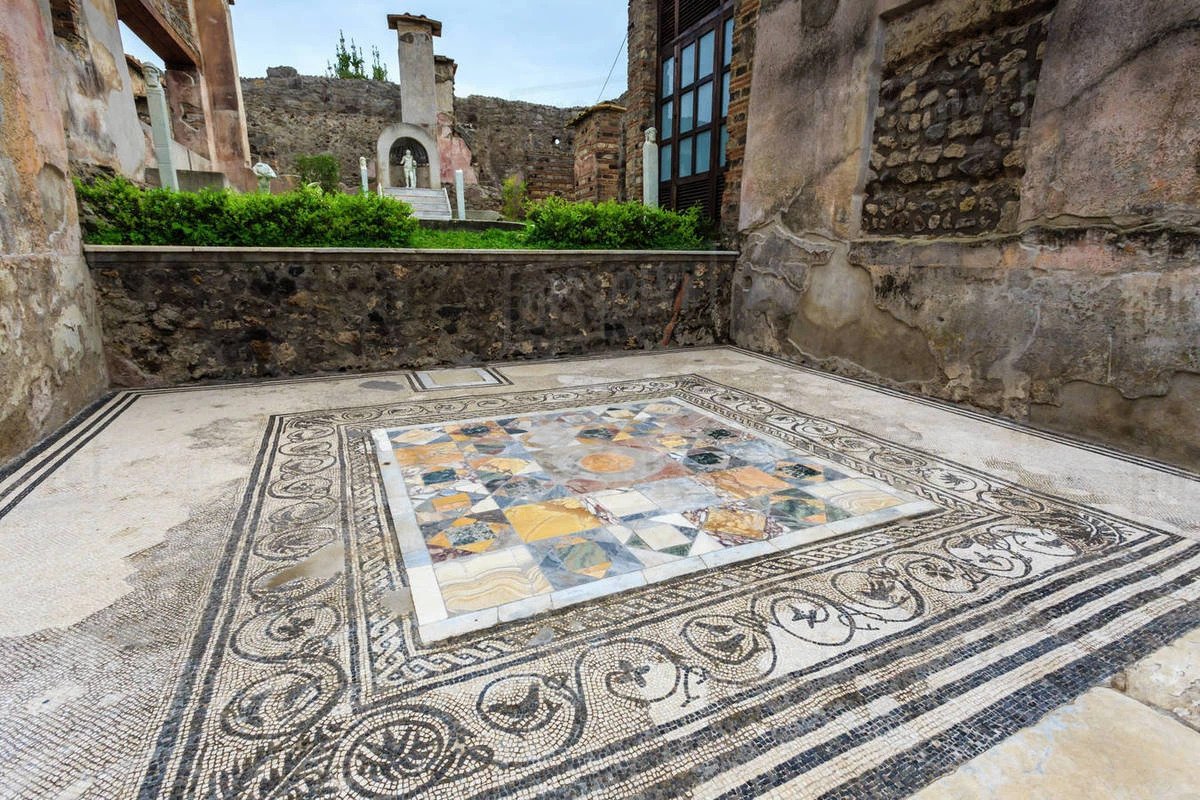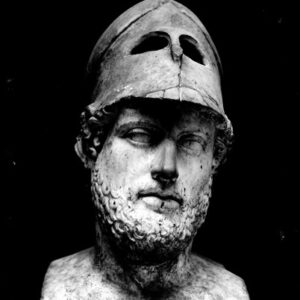

By Jacob Bell, Associate Editor, Classical Wisdom
Plato, along with his instructor Socrates, are often recognized as the minds which began the western philosophical tradition as we know it today.
Plato’s theory of forms and the Allegory of the Cave are not only interesting within the history of philosophy, but hold relevance in regards to both contemporary philosophy and science. So relevant, in fact, that a new theory in physics postulates a concept quite similar to Plato’s.
But before we get to that, let’s take a quick moment to revisit Plato’s theory of forms…
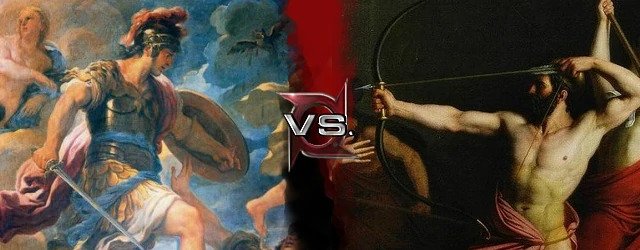
Odysseus and Aeneas: Ancient Ideals of Heroism
by Andrew Aulner, Contributing Writer, Classical Wisdom
A quote attributed to Steve Jobs says, “You can tell a lot about a person by who his or her heroes are.” The ancient Greeks and Romans were certainly no different. In antiquity, poetry was considered one of the highest forms of cultural expressions, and no heroes are more central to the epic verse of Greece and Rome than the protagonists Odysseus and Aeneas, respectively.
What can the attributes of each of these legendary heroes show us about the differences between the cunning Greeks and the noble Romans?
Odysseus as the Guileful, Well-Spoken General in the Iliad
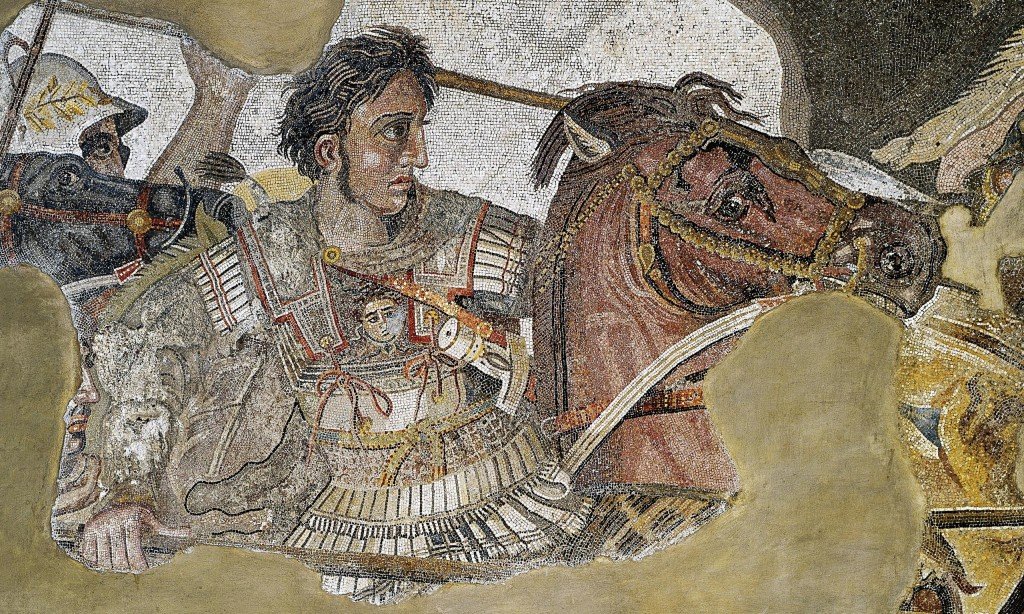
Alexander the Great, the Macedonian King
By Jocelyn Hitchcock, Contributing Writer, Classical Wisdom
Alexander III of Macedon is perhaps one of the most notorious figures to come out of the ancient world, for better or worse. Born in Pella in 356 BCE to the King Philip II, it seemed destined that Alexander the Great follow in the family business of military campaigns and kingdom expansion.
Alexander the Great’s Early Life
Because of the status achieved by Alexander and his father, the circumstances of his early life are often mired in legend. His birth was thought to be linked to a bright star over Macedonia. The author Plutarch wrote that he was born on the same night as the destruction of the Temple of Artemis at Ephesus, and that soothsayers ran about the city saying that something had been brought into the world that one day would lead to the destruction of all of Asia. Alexander himself thought he was the son of Zeus and was related thereupon to Achilles and Herakles.
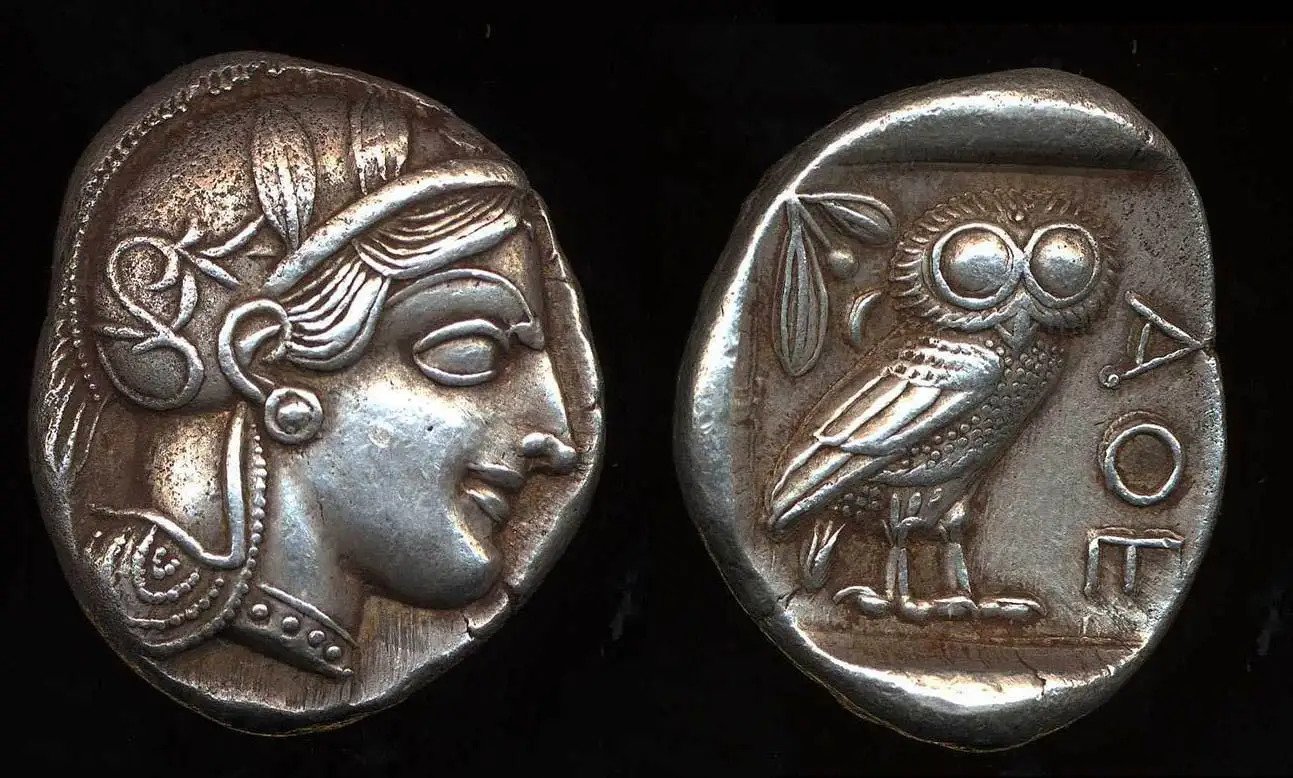
The Owl of Athena: Symbol of Wisdom
by Ed Whelan, Contributing Writer, Classical Wisdom
Many animals were associated with Greek and Roman gods; they were believed to represent some aspect of the god or goddess. A good example of this is the Owl of the Greek goddess Athena. The Owl of Athena was one of the most important religious symbols in ancient Greece: it became a political, literary, and philosophical symbol which still resonates to this day.
Animals have long had symbolic associations for humans. In ancient Greece, the twelve Olympian gods all had animals that were deemed to be sacred to that deity. The attributes of the animals were believed to overlap or represent that of a god, and as a result, that animal was held to be sacred to that particular god. For example, Zeus was associated with eagles, which symbolized the strength and power of the leading Olympian deity.
The Owl of Athena

High Classical Greek Art: Political Patrons
Few things impact a budding art scene like an imperial power showing off. The ruling class often invest heavily in propaganda and self grandeur, paid into the hands of the artistically gifted. They might even commission a few temples, as thanks to the gods for their new found positions. The artists, as long as they celebrate approved figures, are rewarded with extravagant commissions. Their political patrons, in return, shower their favorite sculptors and painters with prestige and honor.
Pericles, the Athenian Statesman, and Alexander the Great, the king of Macedon, were no exception. In fact, the Golden Age of Athenian art – the high Classical greek art period – is broadly defined by these exceptional gentlemen, book holders for fabricated historical boundaries.
Apparently it all started in 479 B.C. when Athens beat the Persians and founded a confederacy of allies to ensure the freedom of the Greek cities in the Aegean islands. Participants supplied either ships or funds in order to secure protection. This so-called “Delian League”, however, didn’t last long.
Athens wanted an empire, and that’s exactly what it got. First it moved the treasury closer to home – to the imperial city of Athens itself. Then the city-state put forth the Coinage Degree, which imposed Athenian silver coinage, weights and measures on all of the allies. Any left overs from the mint went straight to Athens, and any other use was punished by death.
